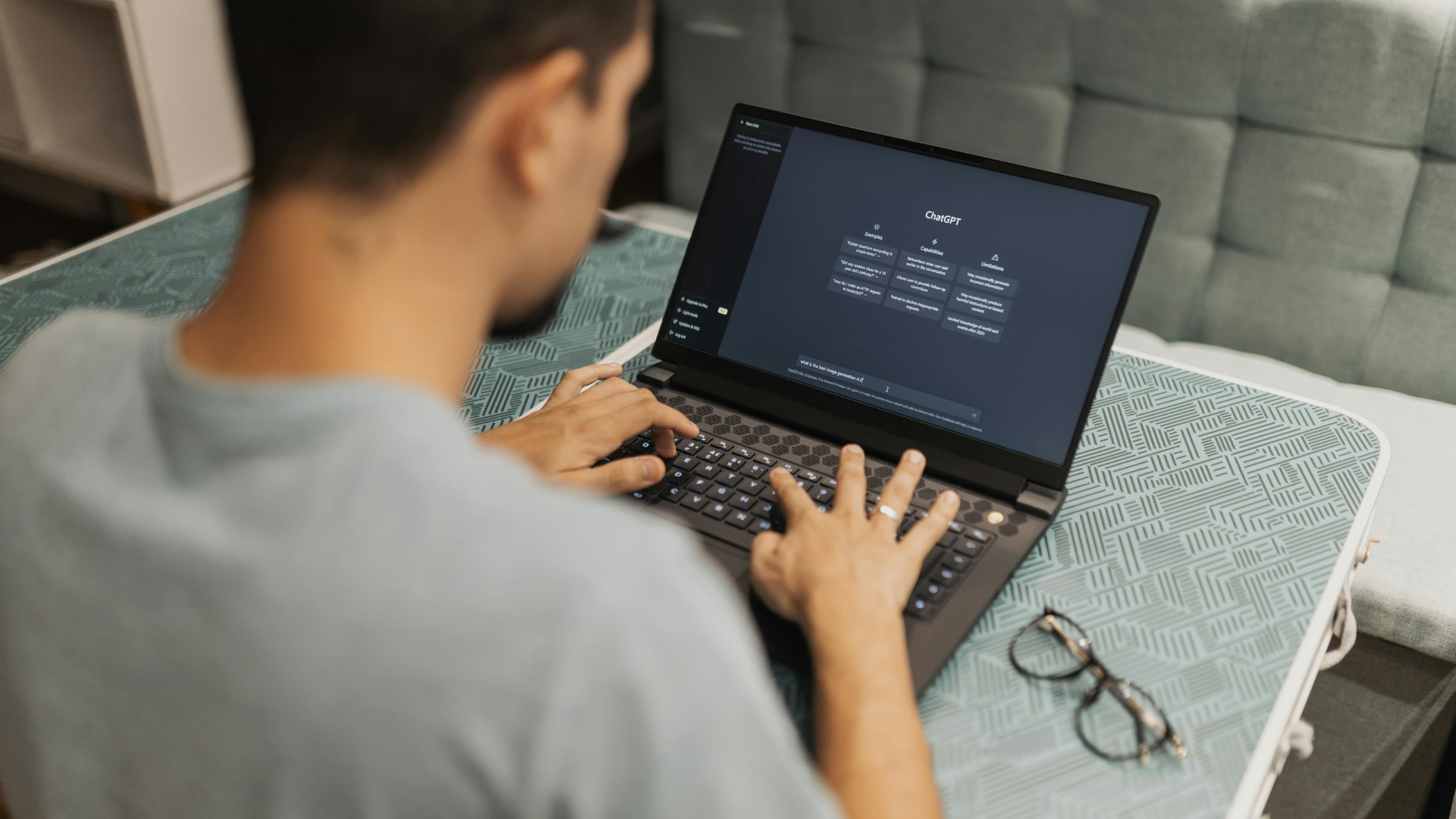Navigating the Challenges of a Four-Generation Workforce in 2024
Remi Marcelin • October 2, 2024

Navigating the Challenges of a Four-Generation Workforce in 2024
With today's rapidly evolving workplace, navigating the dynamics of a multi-generational workforce has become more critical than ever. A four-generation workforce typically consists of Baby Boomers, Generation X, Millennials, and Generation Z, each bringing unique perspectives, skills, and work ethics to the table. Managing such diverse employee groups poses several challenges for organisations, but it also presents opportunities for creativity, innovation, and a more inclusive work culture.
According to recent studies, 70% of organisations believe that managing multi-generational teams is essential to long-term business success. However, only 40% have a strategy in place to address these complexities. With varying communication styles, technology preferences, and career expectations, businesses often find themselves struggling to align organisational goals with employee satisfaction and productivity.
The rise of remote and hybrid work models has only amplified these challenges. For example, Generation Z tends to favour digital-first communication and flexible work options, while Baby Boomers and Generation X often prefer face-to-face interactions and structured environments. This creates friction in areas such as performance management, team collaboration, and overall engagement. To bridge these gaps, organisations must develop a deeper understanding of what motivates each generation and implement strategies that cater to their diverse needs.
"Baby Boomers might prefer a structured 9-5 schedule, while Gen Z thrives in a more fluid environment where they can work in bursts and integrate their personal interests.”
In a recent Australia Market Update, Catherine Kennedy, NSW Managing Director at people2people, sat down with Remi Marcelin, Marketing Manager at people2people, to explore the challenges and solutions for managing a four-generation workforce. The conversation highlighted key themes that every organisation should consider when looking to optimise their team dynamics.
“Understanding the motivations of each generation is crucial,” remarked Catherine Kennedy. “The factors that drive Baby Boomers are not the same as those that inspire Generation Z. Baby Boomers are often driven by a sense of loyalty and security, whereas Gen Z values career growth, flexibility, and purpose.”
One of the significant issues raised during the discussion was communication. Remi noted that “communication styles can be a real sticking point. For example, Baby Boomers and Gen X are used to email or phone calls for formal discussions. Millennials and Gen Z, on the other hand, lean towards instant messaging and video calls. It's not just about choosing the right tools but also about being mindful of tone and context.”
The need for flexibility was another major theme. Catherine emphasised the importance of offering flexible working arrangements that cater to the different life stages and priorities of each generation. “Flexibility is not just about where you work, but also how and when. Baby Boomers might prefer a structured 9-5 schedule, while Gen Z thrives in a more fluid environment where they can work in bursts and integrate their personal interests.”
Remi built on this, pointing out that a ‘one size fits all’ approach doesn’t work. “We need to look at policies and benefits that appeal across the board—think about mentorship programs where Baby Boomers can share their knowledge and experience with younger employees. At the same time, offer digital upskilling opportunities to support Baby Boomers who might be adapting to newer technologies.”
The conversation also touched on the importance of leadership in fostering an inclusive environment where all generations feel valued. As Catherine noted, “Leaders need to be adaptable. It’s about showing empathy and understanding that each generation brings something valuable to the table. A leader who listens and tailors their management style accordingly will get the best out of a diverse team.”
Managing a Multi-Generational Workforce
Successfully managing a multi-generational workforce requires a proactive approach. Here are some strategies that businesses can implement to create a more cohesive and productive team:
- Promote Cross-Generational Mentorship Programs: Encourage mentorship between different generations to facilitate knowledge sharing and bridge the experience gap. This allows younger employees to gain valuable insights, while more senior employees can stay connected to evolving trends and technology.
- Offer Tailored Professional Development: Each generation values different skillsets. Provide training programs that cater to varying career aspirations—whether it’s digital literacy for Baby Boomers or leadership development for Millennials.
- Embrace Flexible Work Options: Create policies that allow employees to choose how, when, and where they work. Consider offering compressed workweeks, flexible hours, or hybrid models to accommodate different generational needs.
- Adapt Communication Styles: Use a mix of communication channels and styles to suit generational preferences. While Baby Boomers may appreciate formal emails, Gen Z might prefer quick updates via instant messaging platforms.
- Recognise and Reward Contribution in Meaningful Ways: Tailor recognition programs to reflect what each generation values. For example, Baby Boomers might appreciate public acknowledgement, while Millennials and Gen Z may prefer personalised career development opportunities.
Implementing these strategies can create a workplace that respects and leverages generational diversity, leading to higher employee engagement and productivity.
Find the job you love I Find the right talent
Get in touch with people2people
Australia I
United Kingdom
As a white-collar recruitment agency, people2people specialises in accounting and finance, business support, education, executive, government, HR, legal, marketing and digital, property, sales, supply chain, and technology sectors. As the proud recipients of the 2024 RCSA Outstanding Large Agency Award and Excellence in Candidate Care Award, we are dedicated to helping businesses achieve success through a people-first approach.
Find the job you love I Find the right talent
Get in touch with people2people
Australia
I
United Kingdom
In business since 2002 in Australia, NZ, and the United Kingdom, people2people is an award-winning recruitment agency with people at our heart. With over 12 offices, we specialise in accounting and finance, business support, education, executive, government, HR, legal, marketing and digital, property, sales, supply chain, and technology sectors. As the proud recipients of the 2024 Outstanding Large Agency and Excellence in Candidate Care Awards, we are dedicated to helping businesses achieve success through a people-first approach.






